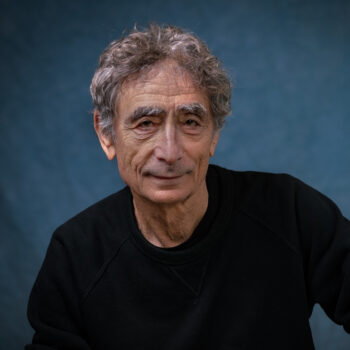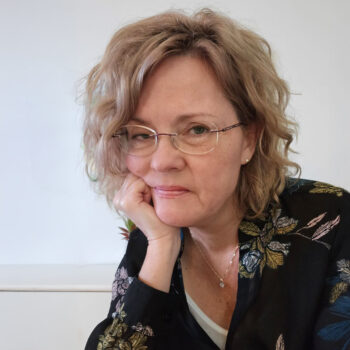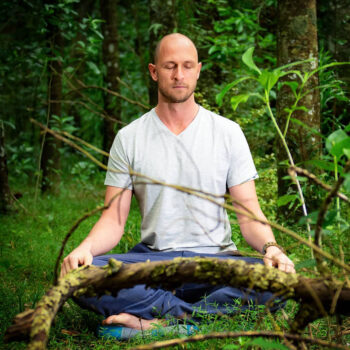Episode 15: “I Never Saw it Coming” : Illuminating Suicide with Nyana Sabharwal
By The Gifts of Trauma /
Listen this episode here:
or here
As more and more of us are chilled by the rapidly expanding shadow of social isolation, we invite you to join us for a rich conversation that weaves one woman’s personal story of bereavement by suicide into broader perspectives.
In this episode, Nyana delves deep into the heart of Suicide Prevention, Intervention and Postvention. The stories she shares demonstrate Compassionate Inquiry’s profound ability to unlock human authenticity and potential, while simultaneously releasing pain.
We explore:
- Cultural stigmas that can suppress the utilization of mental health support services
- Understanding pain as an experience, as opposed to as an identity
- Safe spaces where people can share their experiences without fear of judgment
- Healing as a non-linear approach
- The roles of authentic connections, patience and self-compassion
Join us on this inspiring journey of deep insight and healing. Imagine experiencing the warmth of genuine connection and finding solace in a space where you are heard without judgment.For those of us supporting loved ones bereaved by suicide, Nyana provides invaluable guidance on how to truly be there for them—by listening deeply and holding space for their grief with compassion and empathy. And if you struggle with suicidal ideation, allow Nyana’s wisdom to support you as you navigate its complexities, so that you too, can emerge with strength and embrace what’s possible.
Resources
Websites:
Books:
- The Myth of Normal by Gabor Maté & Daniel Maté
- In the Realm of Hungry Ghosts, by Gabor Maté
Relevant Links:
Podcast:
“The rates of loneliness, depression and suicide are rising, leading to ‘deaths of despair”
Gabor Maté [when speaking of the modern epidemic of isolation] cites statistics that show that:
– loneliness doubles every 10 years
– the impact of loneliness on physical health is equivalent to smoking 15 cigarettes a day.
Gabor Maté’s NPR Interview with Peter O’Dowd, “The Myth of Normal’ | Book of the DayQuotes:
Quotes:
- “Medication alone didn’t work, and neither did therapy. It was only after I added meditation to calm the mind, yoga to heal trauma in the body, and chakra work to release blocked trauma energy – that I finally started to find myself again.” – Nyana Sabharwal
- “Healing is a journey and the company matters.” – Nyana Sabharwal“The part of you that loves you more than anything else has created roadblocks to lead you to yourself. You are not going in the right direction unless there is something pricking you in the side, telling you, “Look here! This way!” That part of you loves you so much that it doesn’t want you to lose the chance.” – A H Almaas
Statistics:
Suicide is the 10th-leading cause of mortality in the United States and … experts are bringing their unique skills to bear on the problem…. a multidisciplinary effort, involving psychiatrists, emergency room physicians, social workers, public health experts, pediatricians, school counselors, teachers and many others. But psychology is notable for its wide-ranging expertise—and that diverse expertise is a natural fit for the field of suicide prevention.
Source: American Psychological Association 2019
Suicide rates increased 37% between 2000-2018 and decreased 5% between 2018-2020. Suicide rates returned to their peak in 2022. Over 49,000 people died by suicide in 2022 1 death every 11 minutes
Many adults think about suicide or attempt suicide
13.2 million seriously thought about suicide
3.8 million made a plan for suicide
1.6 million attempted suicide
Groups with disproportionately high rates of suicide include.
American/Alaskan Indigenous: 27.1 per 100,000 population
Caucasians: 17.6 per 100,000 population
Hawaiian/Pacific Island Indigenous: 14.3 per 100,000 population
Multiracial: 10.5 per 100,000 population
Black: 9.0 per 100,000 population
Hispanic: 8.1 per 100,000 population
Source: CDC Suicide Data and Statistics





